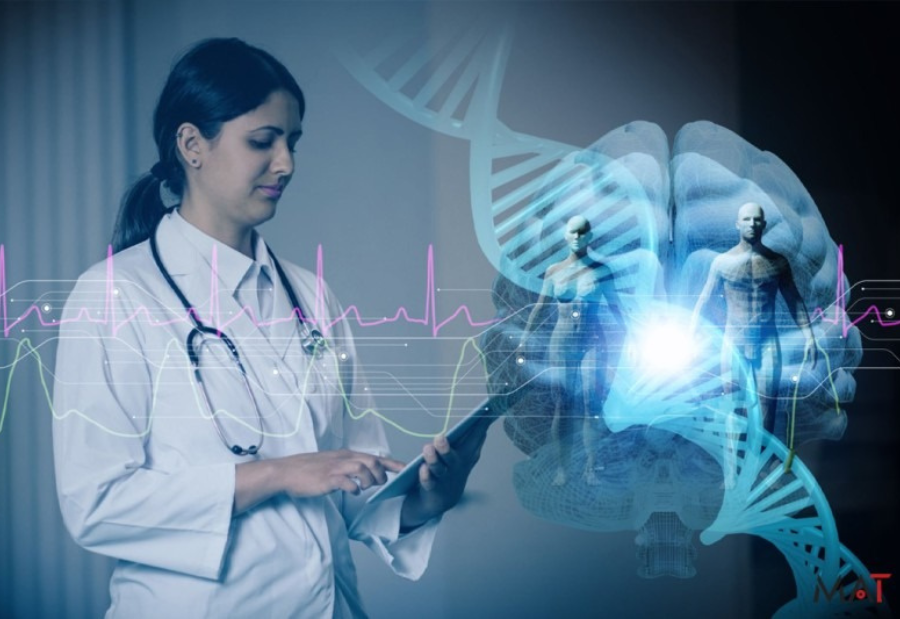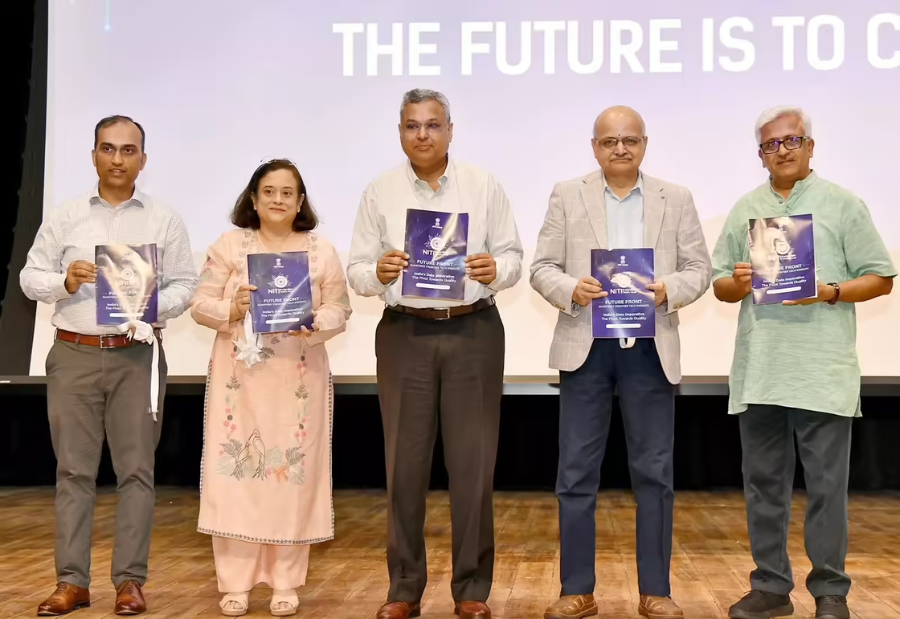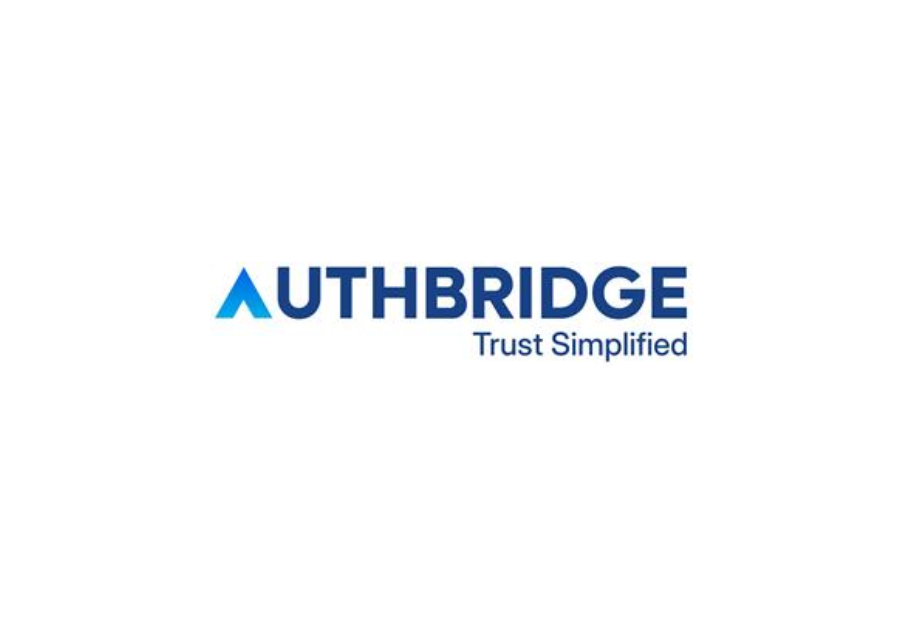Abridge, an artificial intelligence (AI) firm with a medical emphasis, has allegedly received $300 million.
According to Media on Tuesday, June 24, the money, which is valued at $5.3 billion, would assist Abridge in developing its AI-powered application that automates doctors’ note-taking.
Dr. Shiv Rao, co-founder and CEO of Abridge, told the Media that the additional funding will enable the business to recruit scientists, machine learning specialists, and software engineers who are committed to creating products and cutting-edge AI infrastructure to serve major clients.
This financing comes at a time when hospitals and health systems are increasingly using “ambient listening” technology, which listens to doctor-patient discussions and then transcribes them, according to the Media. According to the article, this technology has been commended for reducing physician burnout by allowing them to spend more time with their patients and less time transcribing their notes after work.
More than 150 major health institutions nationwide now employ the company’s technology, which is expected to facilitate more than 50 million medical talks this year, the study continued. “Compared to a few years ago, when the company was testing its technology with a few hospitals, it’s a significant improvement,” Rao said.“Since then, we’ve seen healthcare take up generative AI-centered solutions faster than any other industry,” he said.
In other news from the nexus of AI and healthcare, PYMNTS recently investigated the potential benefits of the technology in clinical research by using digital twins.“Drug development has traditionally been an industry defined by high costs, slow timelines and steep failure rates,” that report said. “Today, that reality is changing. With an explosion of interest in generative AI and computational medicine, digital twins are no longer theoretical.”
Pharmaceutical sponsors are using it more and more to expedite studies since it can reduce trial lengths, reduce the need for placebo groups, and expedite the release of life-saving medications, especially in high-need fields like neurology.
“We’re not just tweaking the system,” Jon Walsh, founder and chief scientific officer at Unlearn, said during a discussion hosted by PYMNTS CEO Karen Webster. “We’re re-architecting it.”Walsh made the case that digital twin technology can help level the playing field in the healthcare industry.
“Not all doctors have access to all of the tools and not all doctors have the same capabilities,” Webster noted during the conversation.“This is as much a technical problem as it is a social one,” Walsh said.
“Better infrastructure, better use of medical records, better education for doctors. It’s very dangerous to build tools that doctors can’t understand and can’t trust.”




